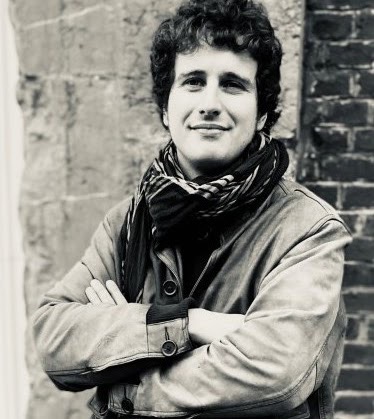


Valentin Leplat received engineering degrees in mechanical engineering from Gramme Institute, Liège, Belgium, in 2012 and in computer sciences and applied mathematics engineering from University of Mons, Belgium in 2017. He worked for six years as an aerospace engineer at SONACA, Gosselies, Belgium. He completed his Ph. D. in applied mathematics in January 2021 on the topic of Nonnegative Matrix Factorizations (NMF), associated with the Department of Mathematics and operations research at University of Mons, Belgium. In 2021, he was a postdoctoral research associate in applied mathematics at Université Catholique de Louvain (Belgium). Since October 2021, he is working at Skoltech (Moscow) as a senior research scientist on the topics of machine learning, stochastic optimization and tensors decompositions.